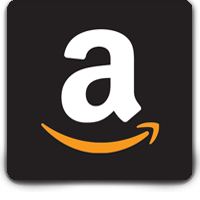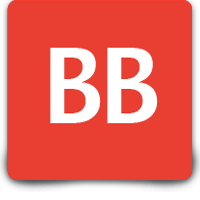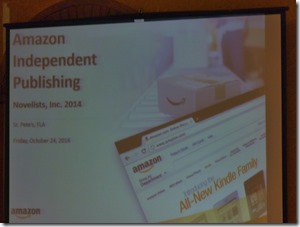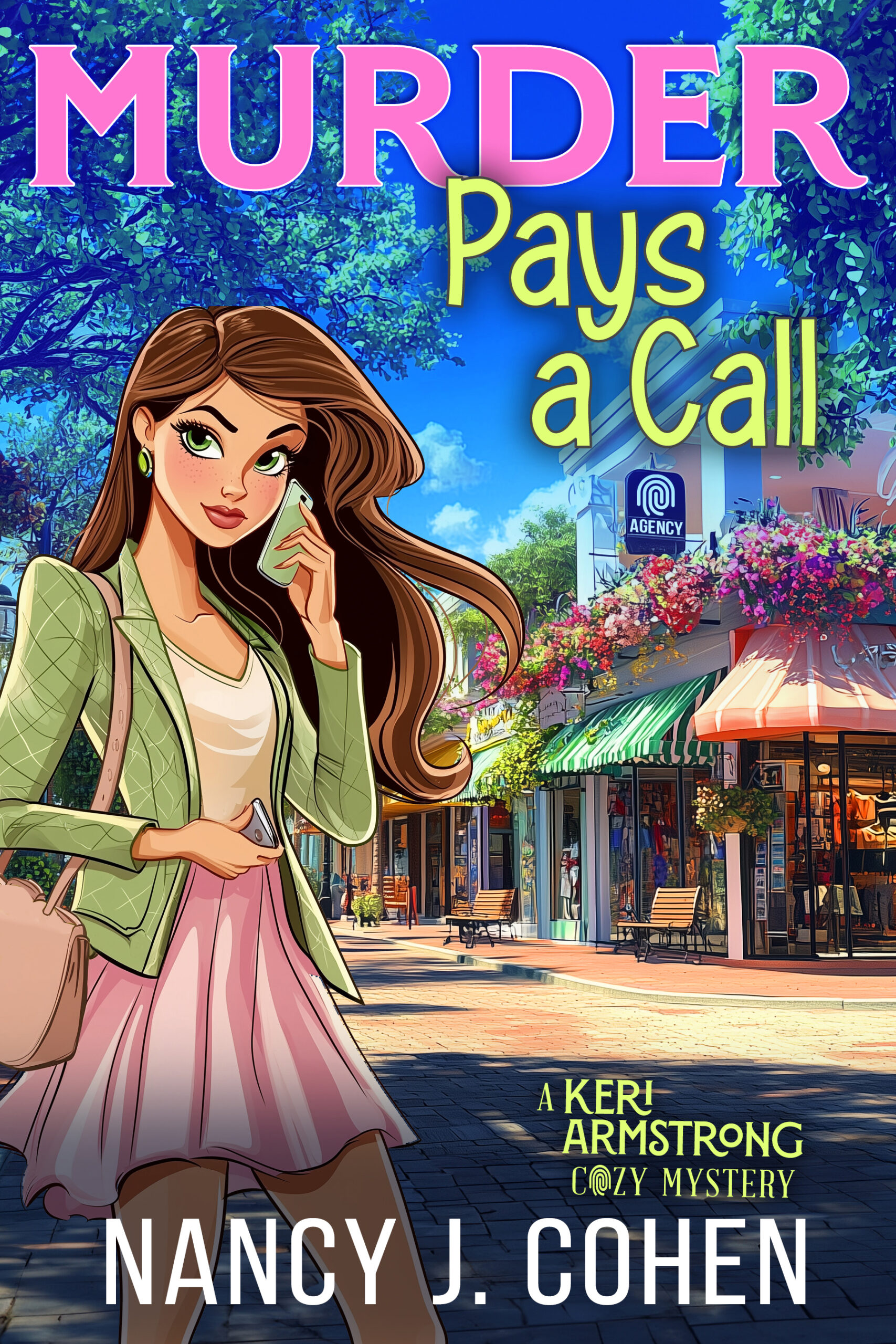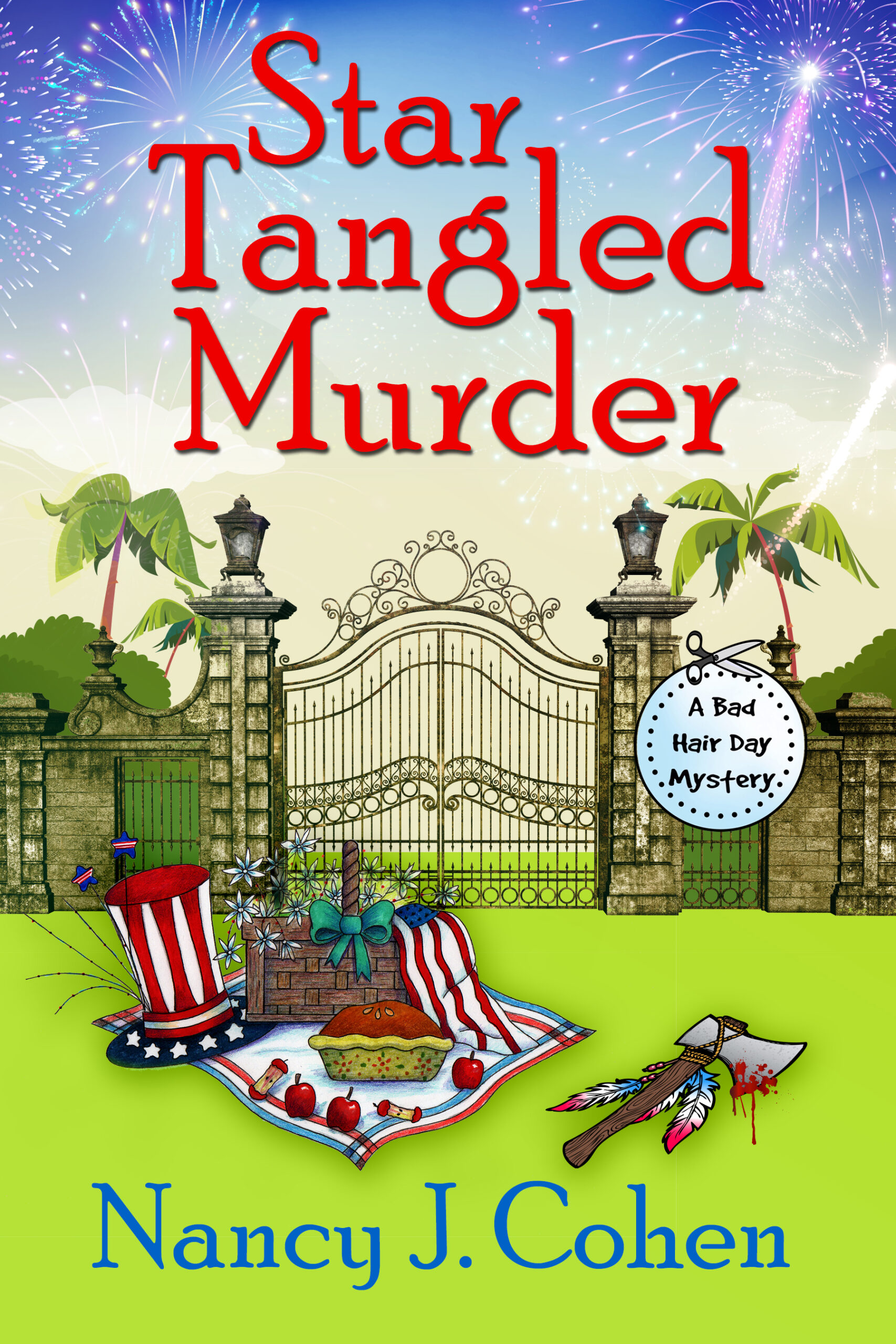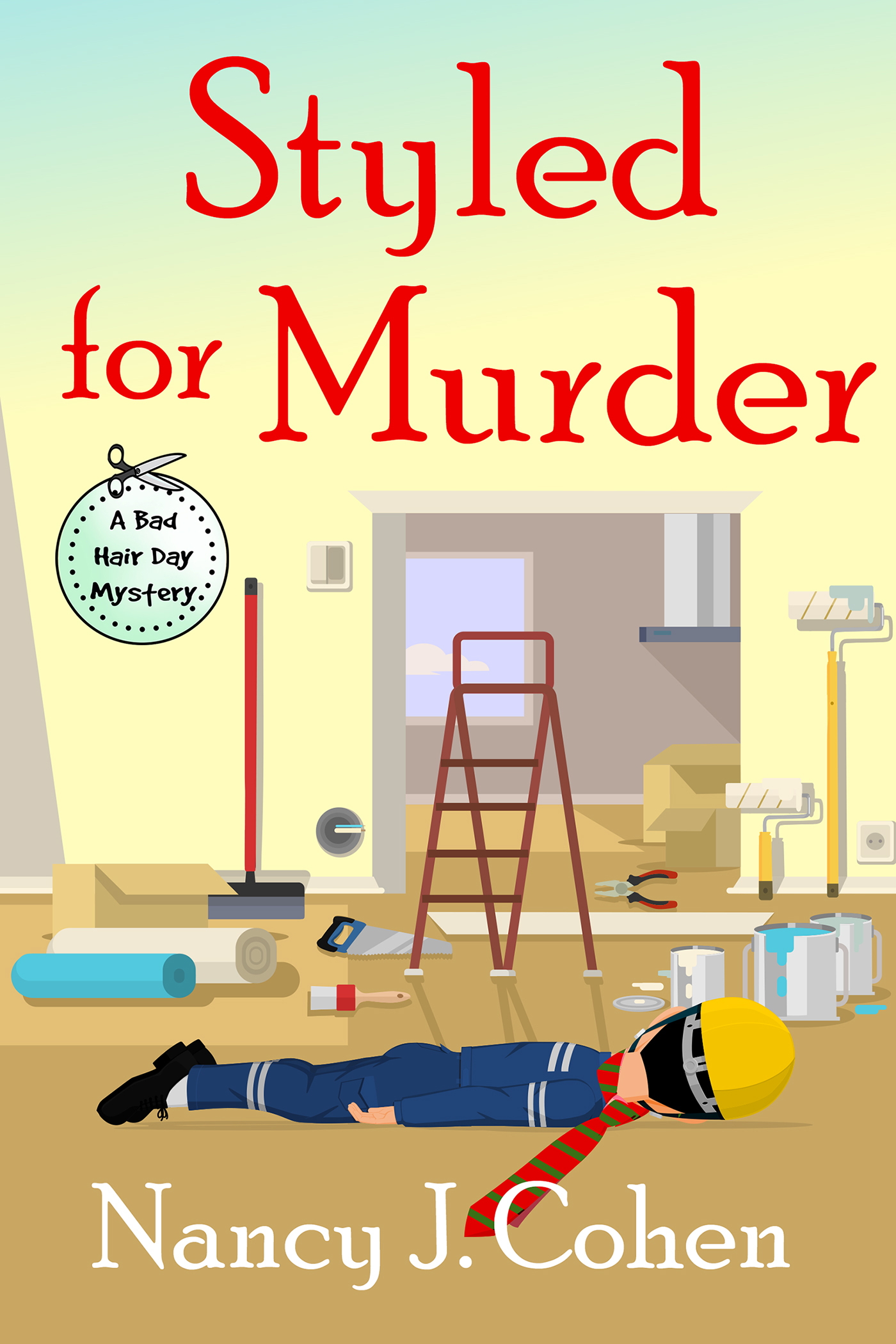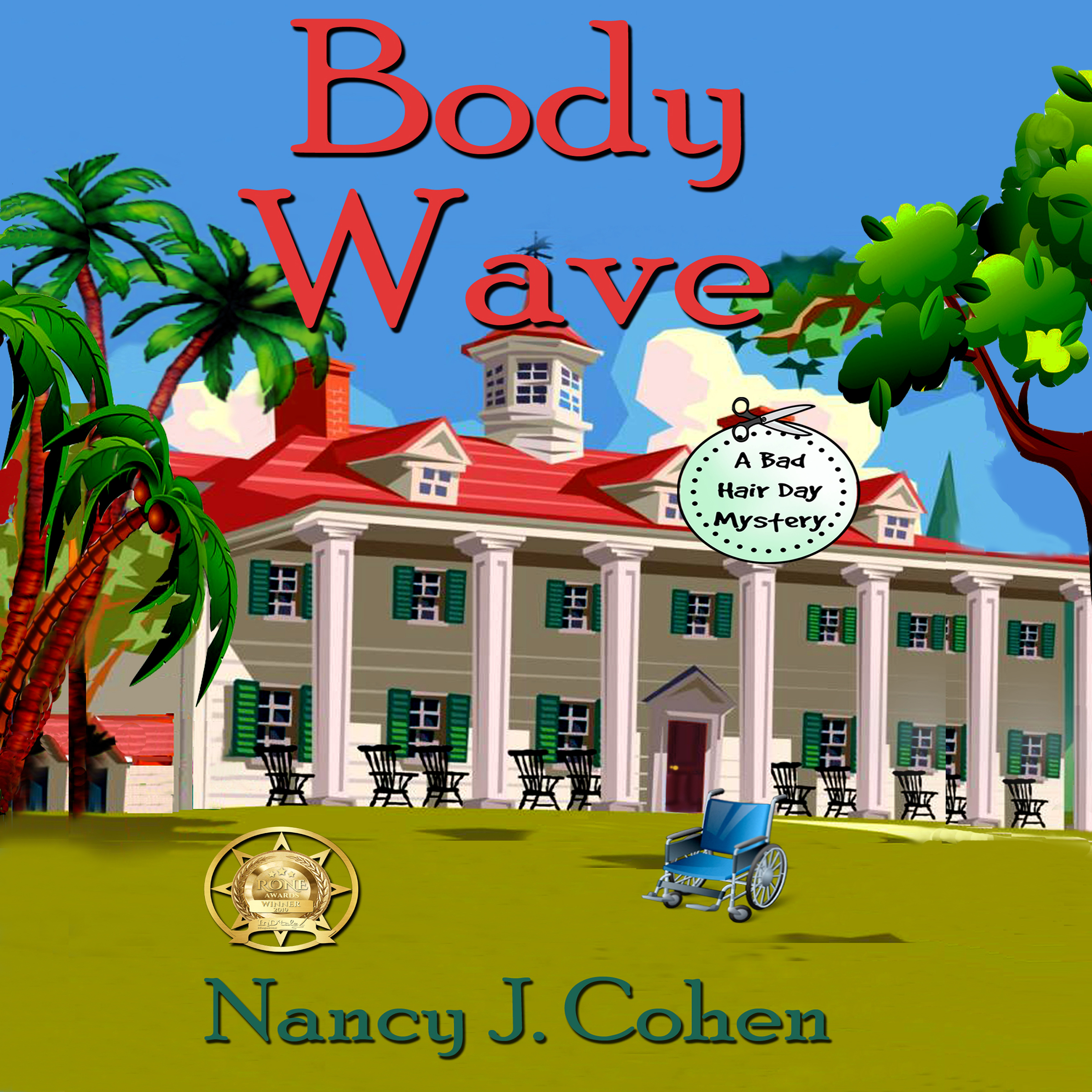ACX and Audible
ACX and Audible
Novelists, Inc. Conference St. Pete Beach Oct. 2014
What Sells in Audio? Teen and YA Fiction, Romance, Scifi/Fantasy, Mysteries/Thrillers, Business and History.
What do you need to get started? You need a published book on Amazon, audio rights, a manuscript, cover art and rights to the cover. There is no particular length requirement. Figure that 9300 words equals one finished hour of audio. In your profile when you apply to ACX, mention the main characters in your book, your awards and track record.
Options include paying the narrator upfront based on book length or sharing the earnings 50-50 and paying nothing up front. This latter term lasts seven years. Thereafter, you can renew each year or remove the audio book from distribution. A third option is to upload your own audio file.
Royalties are 40% for exclusive distribution and 25% if you go nonexclusive. For the former, you and the narrator split the royalty, meaning you’d each earn 20%. Distribution is to Audible, Amazon, and iTunes. Make sure you grant world rights for global reach.
You can earn a $50.00 bounty when someone joins Audible and purchases your book first. The person must stay in Audible for 30 days after the trial period.
The author gets 25 download codes for promotion but these don’t count toward your bounty. You can request more. How can you use these? Use them to generate reviews. Check out these sites: Audiofile, AudioGals, Books for Ears. Offer giveaways to your newsletter subscribers and social media fans. You can use Audible’s gift center to send a book to a fan.
If you already have an audio file, make sure it meets the requirements. It takes about three weeks after uploading to become active. Royalties are paid monthly via check or direct deposit.
Selecting your Narrator
Is she too fast? Too slow? Too cartoonish? Just right? Keep in mind that the listener can speed the audio with a tool in the app. You’ll want to give your narrator about three pages to read. These can be different paragraphs along with the context. In a series, continuity of narrator is important. A single voice is more popular than a multi-cast. Any additional material should come after the credits at the end.
One tip: use fewer dialogue tags. Various checkpoints occur in the process: the initial audition, and then a 15 minute sample which does not have to be the first pages of your work. You can request two rounds of revisions. Listen for the quality of sound during the longer samples. You can terminate the contract if you do not like the results. If approved, you can request three chapters at a time from your narrator.
Check the performance rating with each narrator, visit their website and note how many books they’ve done. You can click Like or Dislike to organize your selections. Narrators do not see this. You can send sample clips to friends for their opinions. Ask the narrator about her editing. Will she allow you to review the audio chapter by chapter, or at least three chapters at a time? You want somebody who’s easy to work with. If you are not happy with the narrator and reviews reflect your views, you can ask the narrator to re-record and upload. Do the first book slowly and thoughtfully. Do not rush the process.
The speaker from ACX at Ninc who nominates audio books for promotion said she looks at the book cover first. Next she’ll check out the number of reviews and what they say. She will check out your social media sites to see if you are promoting your audios. If you have a series, getting a promo boost for book one is important. Branding and packaging should carry over from other series titles.
How to Stand Out
Consider adding teasers for sequels after the credits. Coordinate promo efforts with your narrator. Leverage SoundCloud for audio clips. Make a dedicated space on your website for audio books. You can distribute up to 10% of your audio on a clip. This can be embedded on your website.
Note: Any errors in this article are due to my interpretation.




